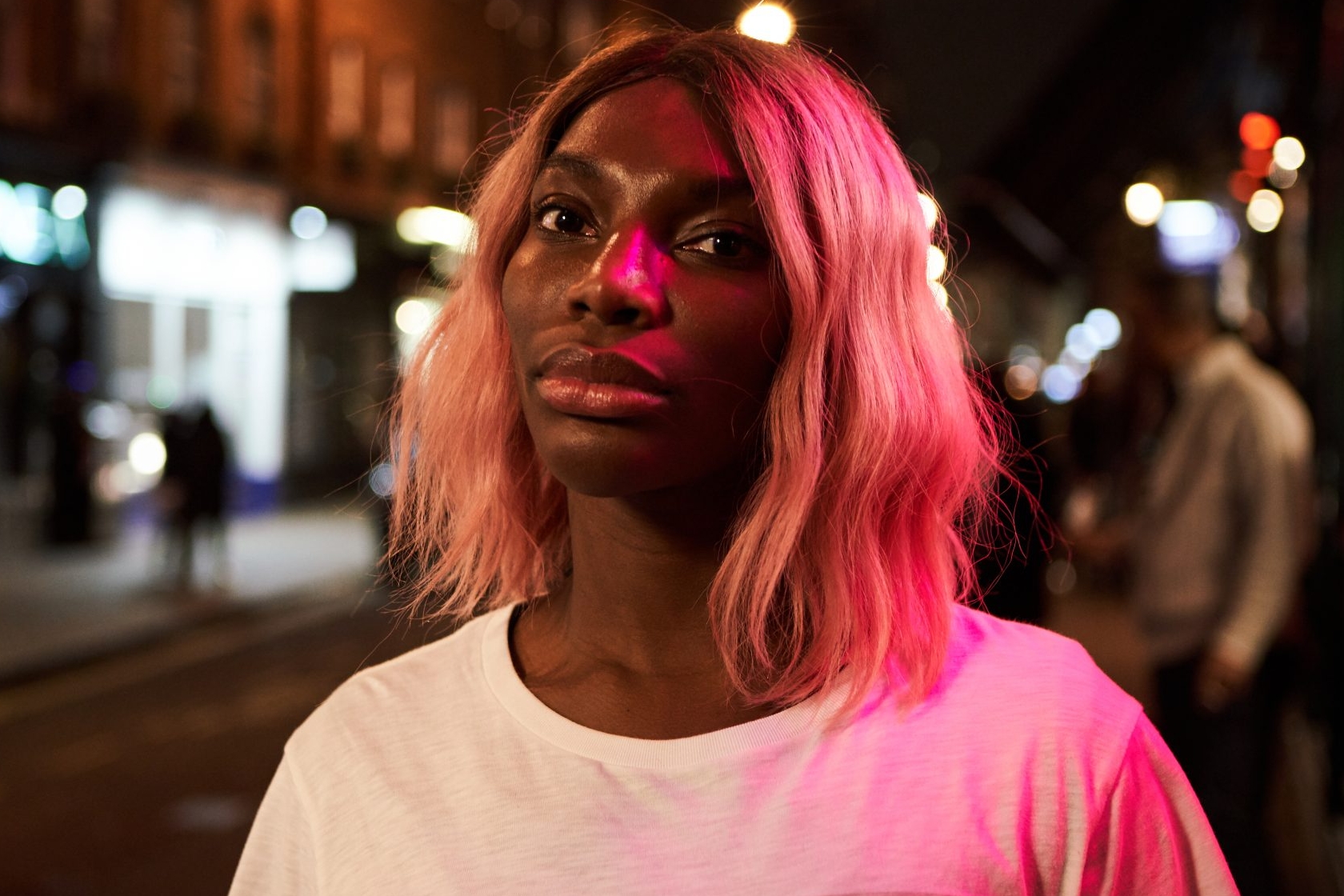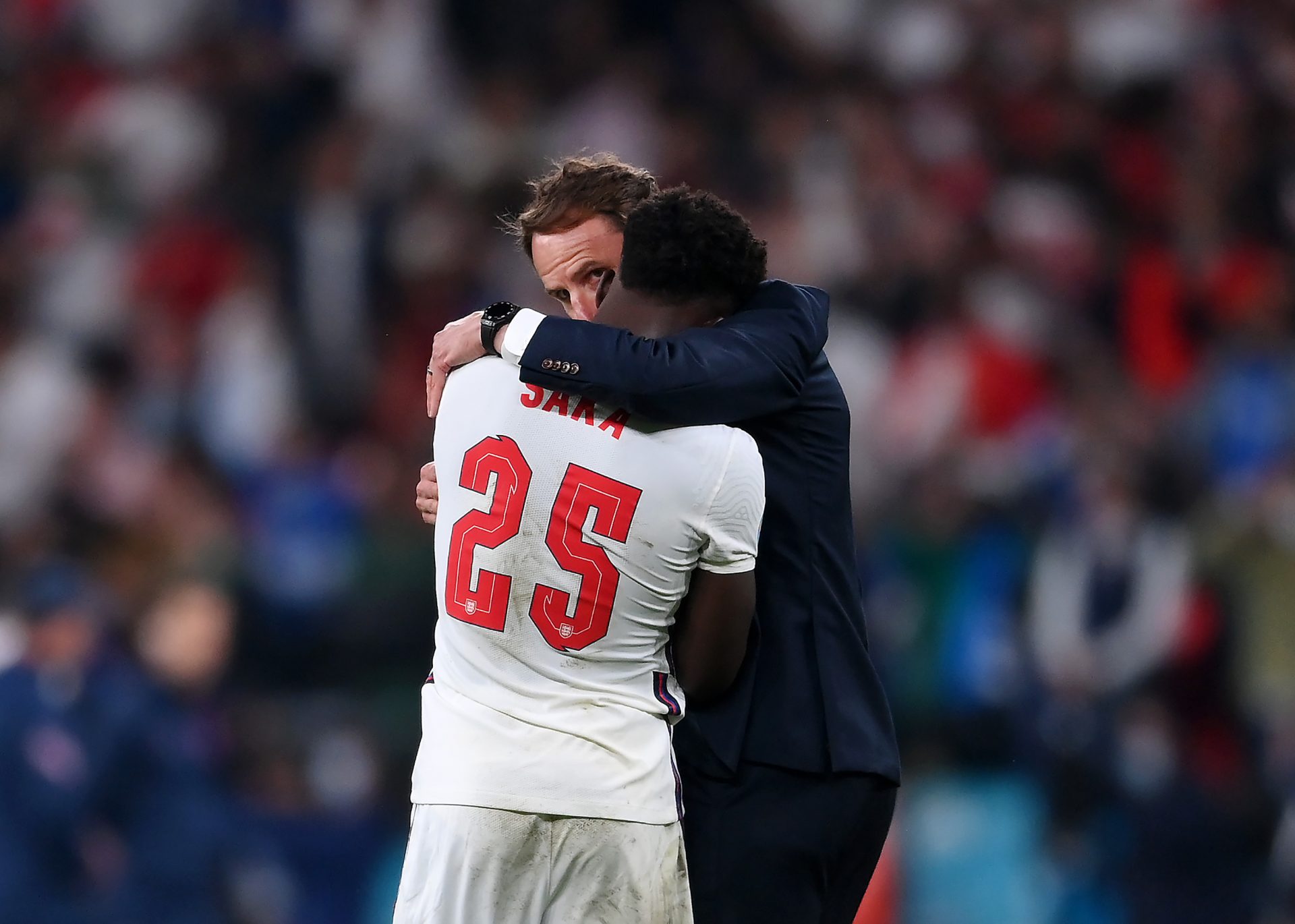12 things that happened in 2021 that were actually really, really good
Written by Emma Hughes
2021 may not have been the best year of our lives, but away from the Covid headlines, there were some bright spots. From the end of the tampon tax to Adele’s glorious comeback, author Emma Hughes picks out 12 moments from 2021 that were actually really great.
Let’s not beat about the bush: this hasn’t been the year we hoped for. How many of us saw out 2020 with a muttered ‘Thank god that’s over,’ only to find 2021 brought… well, much of the same? We’ve all spent the past 12 months still keeping our distance, still doomscrolling and still shivering in multiple pairs of socks and jumpers as we socialise outdoors. And just like in 2020, the effects of the pandemic have continued to be most keenly felt by the most vulnerable.
There have been some moments of light in the darkness: Donald Trump was permanently banned from Twitter in January after losing the US presidential election, and the Ever Given, which spent six days blocking the Suez Canal, became the ship that launched a thousand memes. But what about offline, right here in the UK?
We’ve pulled together a dozen of the most positive things that happened in 2021 – the year when we all did the best we could – as it draws to a close. Here’s to 2022.
We saw the last of the tampon tax
The so-called Tampon Tax, which mandated 5% VAT on sanitary products, was scrapped on 1 January, and with it the ridiculous and damaging idea that tampons and towels are luxury items.
At the time Felicia Willow, chief executive of the Fawcett Society, said: “At last the sexist tax that saw sanitary products classed as non-essential, luxury items can be consigned to the history books.” We couldn’t have put it better ourselves.
Awards season was more diverse than ever before
In April, the 74th Bafta awards showed that the organisers had begun to take on board the deserved criticism that previous ceremonies had attracted for being far too white and male: 16 of the 24 acting nominations went to actors of colour, and four of the nominees for best director were women.
In June, the television awards ceremony saw Black actors taking home three of the four acting awards, while the public chose Diversity’s Black Lives Matter-inspired dance routine as their television moment of 2021.
Science is winning the battle against HIV
While the headlines were dominated by Covid-19, researchers were making huge strides in combatting another pandemic which has claimed an estimated 36.3 million lives since the 1980s.
The first trial of an HIV vaccine had hugely exciting results, with 97% of participants showing an immune response, while Londoner Adam Castillejo – who waived his right to anonymity in order to be a “beacon of hope” – became the second person to be cured of the disease after a bone marrow transplant, raising hopes that gene editing might become a future treatment.
Adele’s comeback was everything we hoped it would be
After six long and speculation-filled years out of the spotlight, Tottenham’s finest did it again. Adele’s new album, 30, which dropped in November, is a powerful but down-to-earth reflection on life after divorce and her relationship with her young son.
Meanwhile, An Audience With Adele, her star-studded ITV special that was filmed live at the Royal Albert Hall, saw the likes of Emma Thompson losing it with excitement. She might be a global megastar now, but Adele will always be everyone’s fantasy friend to get ready for a night out with.
The Euros brought us all together
We might not have won it, but the Euros 2020 football tournament was a ray of sunshine in the gloom of last summer. It was impossible not to love the young squad, who wore their hearts on their sleeves, spent their time promoting social justice and posed with inflatable unicorns during training.
In a year marked by conspicuous failures of leadership in other areas, it was heartening to see Gareth Southgate’s passionate defence of the players taking the knee, and the whole squad refusal to be cowed by vile online racism in the wake of their loss. The hug that Southgate gave Bukayo Saka after his heartbreaking penalty miss has remained one of the images of the year.
‘Revenge porn’ was further criminalised
In a year where the epidemic of violence against women and girls in the UK became impossible for anyone to ignore, there have been some legislative steps in the right direction. On 1 March, a new law passed making it illegal to threaten to share intimate imagery of anyone else against their wishes – the existing law already criminalised the sharing of such content.
Birmingham looks set to go car-free
It made its name through the automotive industry, but Birmingham has signed off on radical plans to make cars a thing of the past. Britain’s second-largest city is going to become a large-scale low-traffic neighbourhood: it’ll be zoned into areas that give priority to pedestrians and cyclists, and there’ll be zero-emission buses too. Plenty of roads will be closed to motorised traffic full stop. Here’s hoping it’s the first of many.
Nature found a way…
…in spite of everything. Tally the sea turtle, the rarest kind in the world, washed up in Wales but is set to be returned to her home of Mexico after being nursed back to health in Anglesey Zoo. A colony of orchids long thought to be extinct in the UK was found growing on the roof of the London investment bank Nomura.
Meanwhile, England’s biggest ocean rewilding scheme got underway in April – eight hectares of seagrass, which can absorb carbon 35 times faster than a rainforest, will be planted – and the Northern Forest Initiative was awarded £15 million in September to plant a million trees in Northern Ireland over the next 12 months.
Books became even bigger business
It might feel like we’ve all spent the past twelve months glued to our phones, but it’s been a boom year for book lovers. According to trade paper The Bookseller, audiobook and fiction sales went through the roof in 2021, by 71% and 28% respectively on the same periods in 2019.
And it’s been a bumper year for groundbreaking women’s fiction, including Kate Sawyer’s post-apocalyptic The Stranding; Hafsa Zayyan’s We Are All Birds Of Uganda, which won Stormzy’s inaugural Merky Prize; Claire Chambers’ Small Pleasures, a perfectly observed love story; and Torrey Peters’ Destransition Baby, a bold and brilliant account of trans womanhood. Last but not least, news of the return of Rachel Walsh in Again, Rachel has given all of us Marian Keyes fans something to look forward to in 2022.
The ‘Rail To Refuge’ scheme helped even more people
The practical and emotional barriers to leaving an abusive relationship can be huge. In March the Rail to Refuge scheme, which was launched during the first lockdown to help adults and children leaving dangerous situations to travel for free, was extended after being due to end in 2021.
So far some 1,400 people, or four survivors a day, have benefitted from Southeastern station manager Darren O’Brien’s joint initiative between Women’s Aid and rail companies.
The Strictly final was the best one yet
We weren’t sure if Covid restrictions would see Strictly Come Dancing lose its magic, but the 19th series of the beloved Saturday night show turned out to be the best ever.
The two sets of finalists (heartbreakingly, AJ Odudu and Kai Widdrington had to withdraw due to injury) both broke entirely new ground on the show: John Whaite and Johannes Radebe were the first same-sex male couple to dance on our screens, while winner Rose Ayling-Ellis was the show’s first deaf contestant.
Cervical cancer could soon be a thing of the past
A future free of cervical cancer looks to be within reach. A study published in The Lancet in November found that rates of the disease in women now in their twenties who were given the cervical cancer vaccine between the ages of 12 and 13 are 90% lower than they would otherwise have been – in real terms, it saved hundreds of people from developing it. The race is now on to roll this progress out all around the world.
Emma Hughes’s new novel No Such Thing As Perfect (which was a nice thing that happened in 2021, for her anyway) is out now with Century.
Images: Getty, BBC
Source: Read Full Article






